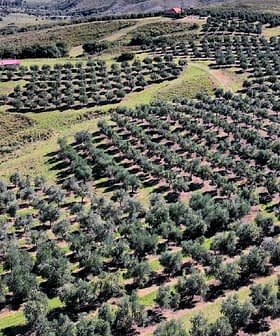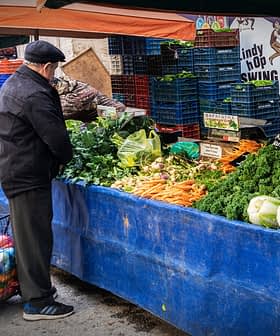
Unfavorable weather conditions this year, including unusually high temperatures, are continuing to affect certain olive oil producing areas of Greece resulting in a significant drop in production. The country may soon look to the European Union to get through the crisis.
Member of the European Parliament, representing the left-wing Syriza party of Greece, Nikos Chountis, opened a discussion on whether the current conservative New Democracy government is doing enough to help. He asked the European Commission, which is the executive body of the European Union, if the Greek government has approached them to ask for help in compensating olive oil producers that have been affected by the disaster and for advice on what can be done.
“What other actions can be taken directly by the Greek government to give a boost to one of our most important economic exports?” asked Chountis during the parliament session.
According to the Pan-Hellenic Confederation of Unions of Agricultural Co-operatives, other political leaders more localized to the agricultural disaster are speaking out. The mayor of Sitia in Crete, Theodore Paterakis, sent a letter to the Ministry of Agricultural Development and Food requesting officials to demand help from the European Union. He wrote that special assistance can help producers directly affected in his region and enable them to continue on with their businesses to some capacity.
“In certain areas Sitia producers found almost total destruction where damage to the olives ranged from 90 – 100 percent. What this means is that our olive oil producers will be left without income and won’t have a way to even contribute toward our country’s most important quality export product,” said Paterakis.
High temperatures earlier in March and April are yielding little to no olive crops for thousands of Greek producers. The affected crops are located in various parts of Greece but also in areas where top quality olive oil is produced including Halkidi in Northern Greece, Peloponnese in Southern Greece, and the island of Crete, according to the Greek Agricultural Insurance Organization, ELGA. Representatives from ELGA say they continue to monitor the situation on a daily basis.








